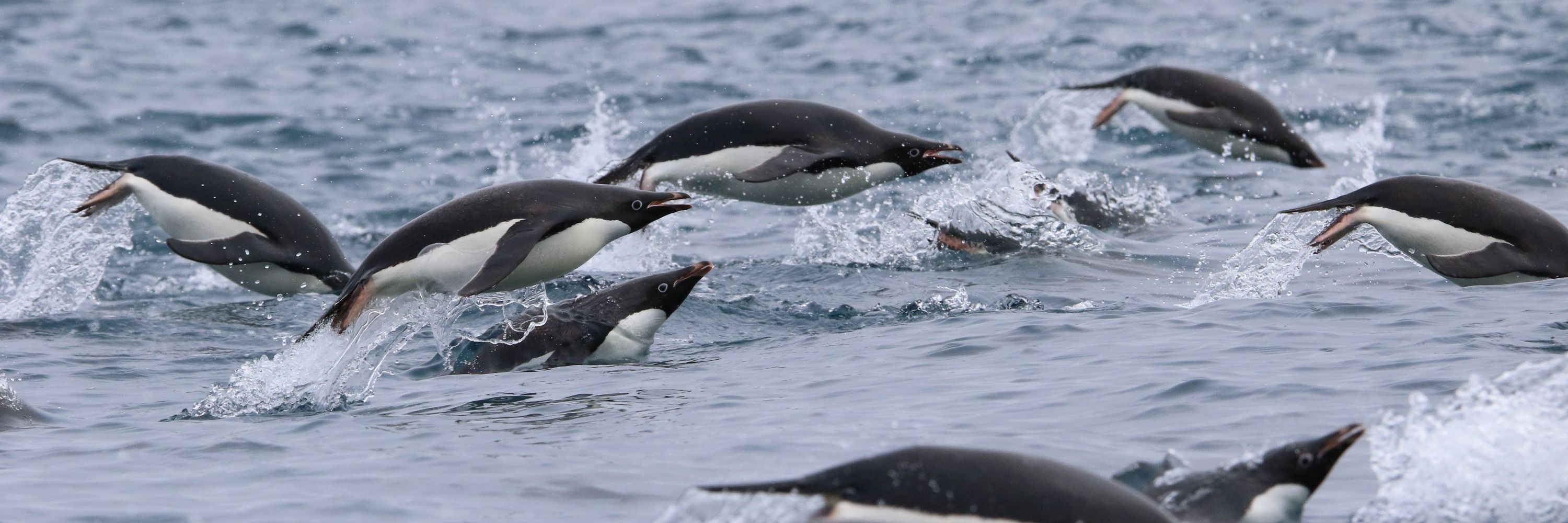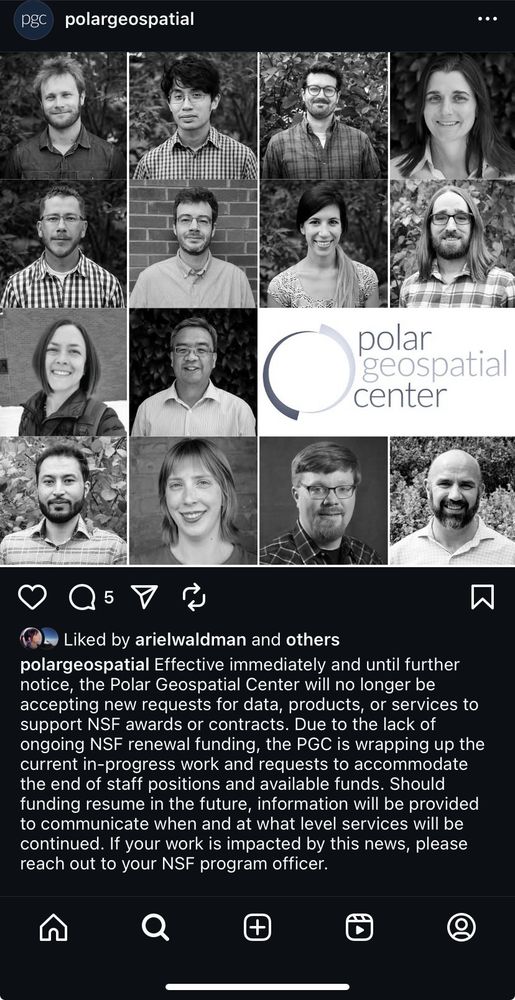
@natgeo Secrets of the Penguins
drmichellelarue.com
(AMLR permit to LaRue 2025)
Also the cute of this pup was TOO MUCH.
🧪🌎🦑🦊

(AMLR permit to LaRue 2025)
Also the cute of this pup was TOO MUCH.
🧪🌎🦑🦊
ACA Permit 2025-010
🧪🌎🦑🦉

ACA Permit 2025-010
🧪🌎🦑🦉
AMLR permit to LaRue 2025
🧪🌎🦉🦑

AMLR permit to LaRue 2025
🧪🌎🦉🦑
Cape Crozier remains magical!
🌍🧪🦑🦉

Cape Crozier remains magical!
🌍🧪🦑🦉
🌎🇦🇶

🌎🇦🇶
🧪🦑🦊🦉🌎

🧪🦑🦊🦉🌎
*satellite tracking device
AMLR permit to LaRue 2024
🧪🌎🦑🦊

*satellite tracking device
AMLR permit to LaRue 2024
🧪🌎🦑🦊
🌎🧪🦑🦉
ACA 2019-006

🌎🧪🦑🦉
ACA 2019-006
🧪🌍🦑🦉

🧪🌍🦑🦉
We celebrated Antarctic Season Opening, 25 years of Gateway Antarctica and of course… emperor penguins
🧪🌎🦉🦑

We celebrated Antarctic Season Opening, 25 years of Gateway Antarctica and of course… emperor penguins
🧪🌎🦉🦑

Larry: …
Me: *proceeds to get cheese out of the fridge just for him, which he ate proudly and then ran out of the kitchen as though he just got away with a crime*

Larry: …
Me: *proceeds to get cheese out of the fridge just for him, which he ate proudly and then ran out of the kitchen as though he just got away with a crime*
🧪🌍🦑🦉

🧪🌍🦑🦉
🧪🌎🦑🦉
Photo taken under NZ AMLR permit

🧪🌎🦑🦉
Photo taken under NZ AMLR permit
Weddell seals are the southern-most marine mammal in the world and live more than 30 years!
🧪🌍🦑🦉🦊

Weddell seals are the southern-most marine mammal in the world and live more than 30 years!
🧪🌍🦑🦉🦊
Fully-funded PhD opportunity at U Canterbury, please email michelle.larue@canterbury.ac.nz if you're interested!
Applications will be reviewed until filled.


Fully-funded PhD opportunity at U Canterbury, please email michelle.larue@canterbury.ac.nz if you're interested!
Applications will be reviewed until filled.
🧪🌎

🧪🌎
I wrote a children’s book about emperor penguins a couple years ago and @neonsquid.bsky.social challenged me to take a picture of my book with an emperor penguin.
So I did*.
🧪🌎🦑🦉
*and couldn’t believe my luck!

I wrote a children’s book about emperor penguins a couple years ago and @neonsquid.bsky.social challenged me to take a picture of my book with an emperor penguin.
So I did*.
🧪🌎🦑🦉
*and couldn’t believe my luck!
Challenge accepted.
🧪🌍🦑🦉

Challenge accepted.
🧪🌍🦑🦉
🧪🌍🦑🦉

🧪🌍🦑🦉
Close, but not too close, open water = more food for chicks.
🧪🌍🦑🦉

Close, but not too close, open water = more food for chicks.
🧪🌍🦑🦉
Why would that be?
🧪🌍🌍🦑🦉

Why would that be?
🧪🌍🌍🦑🦉




